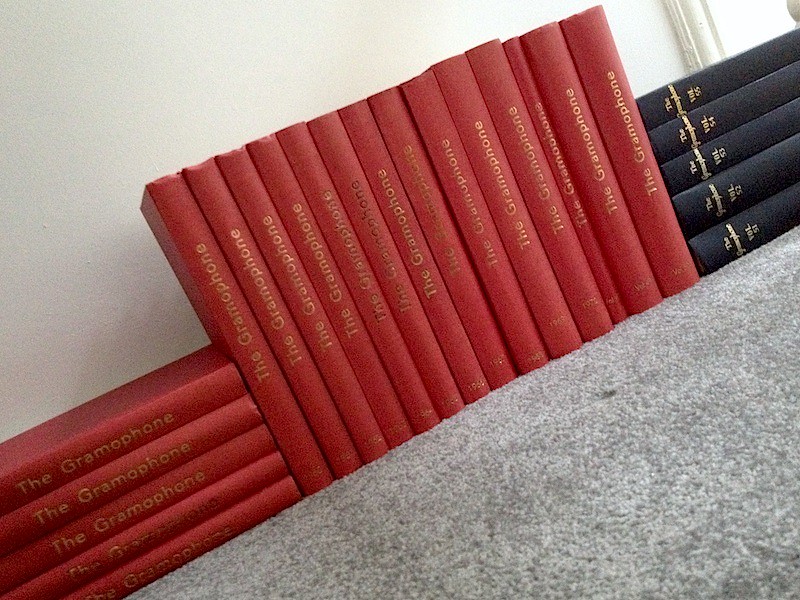JOHN VAN BAVEL
pfm Member
I have read Gramophone magazine religiously since about age 16 and am now 73 ' I have also presented and prepared 2 classical music programs a week for the past 8 years . [Establishing my credentials ] So it is with some regret that I decided to no longer read this magazine .
Various reasons
1] Content has shrunk a lot over the years
2] The magazine is grossly anglo-centric . Not UK centric but English to the n th degree and as a Scot and now Australian I find this unacceptable '[I could be ruder. ]
3] English performers get undue praise an
d the rest are nowhere . There is a big world out there that is non English .
4] The almost heavy preponderance of small music i.e. chamber, solo instrument , song and choral music . The balance is out of kilter .
5] Major review articles have been mind numbingly uninteresting and heavily biased towards 4]
Sorry guys , you've lost me
]
Various reasons
1] Content has shrunk a lot over the years
2] The magazine is grossly anglo-centric . Not UK centric but English to the n th degree and as a Scot and now Australian I find this unacceptable '[I could be ruder. ]
3] English performers get undue praise an
d the rest are nowhere . There is a big world out there that is non English .
4] The almost heavy preponderance of small music i.e. chamber, solo instrument , song and choral music . The balance is out of kilter .
5] Major review articles have been mind numbingly uninteresting and heavily biased towards 4]
Sorry guys , you've lost me
]


